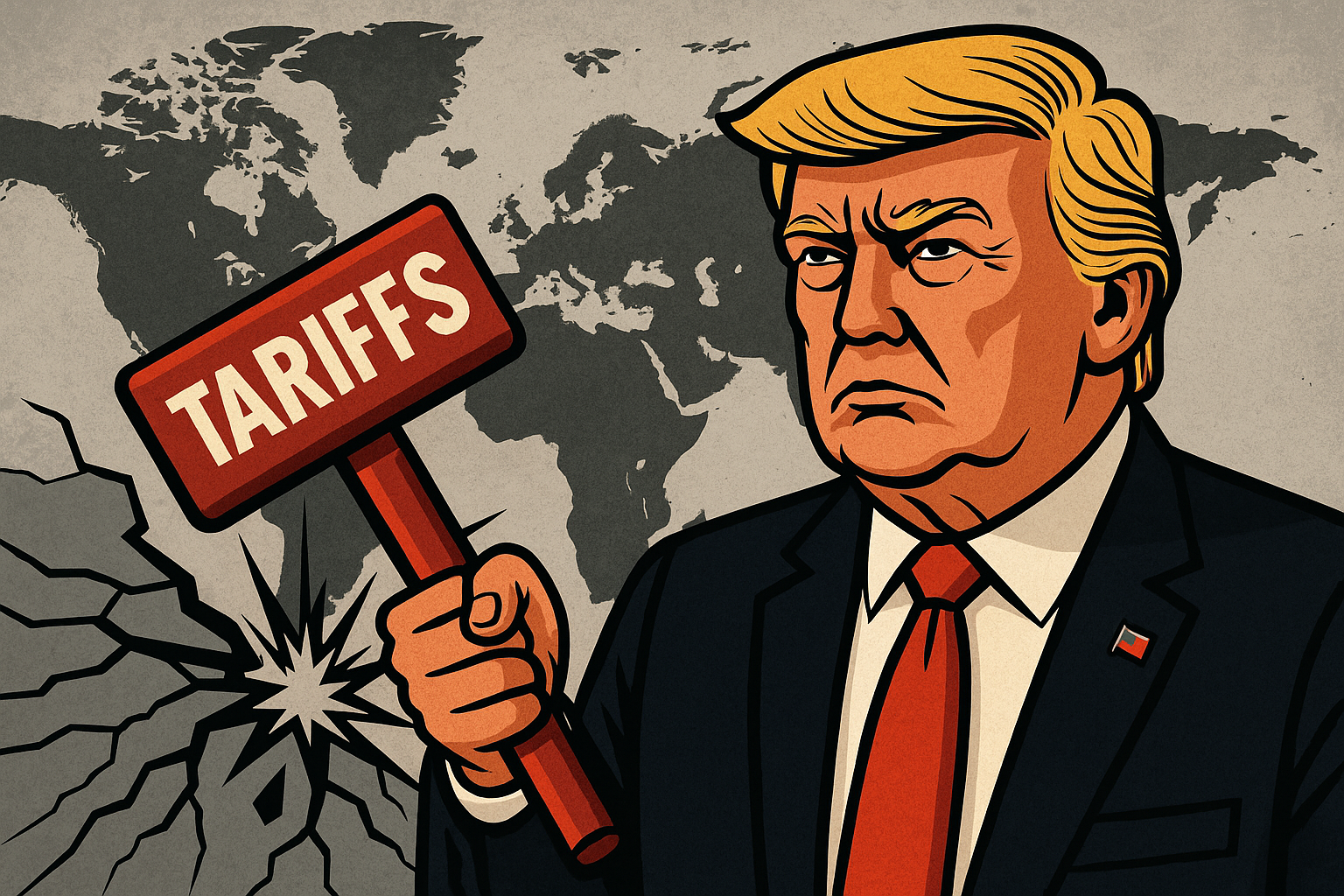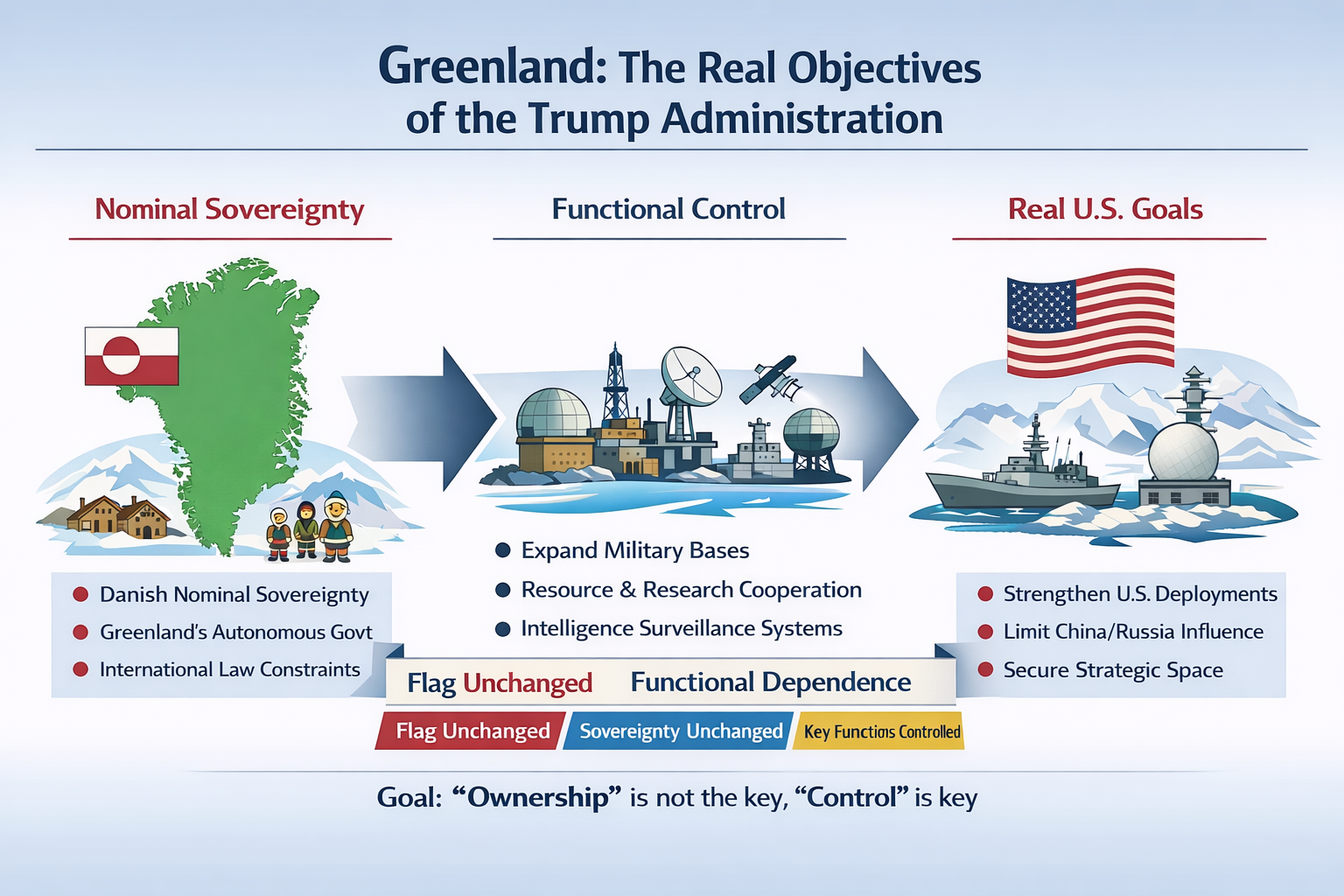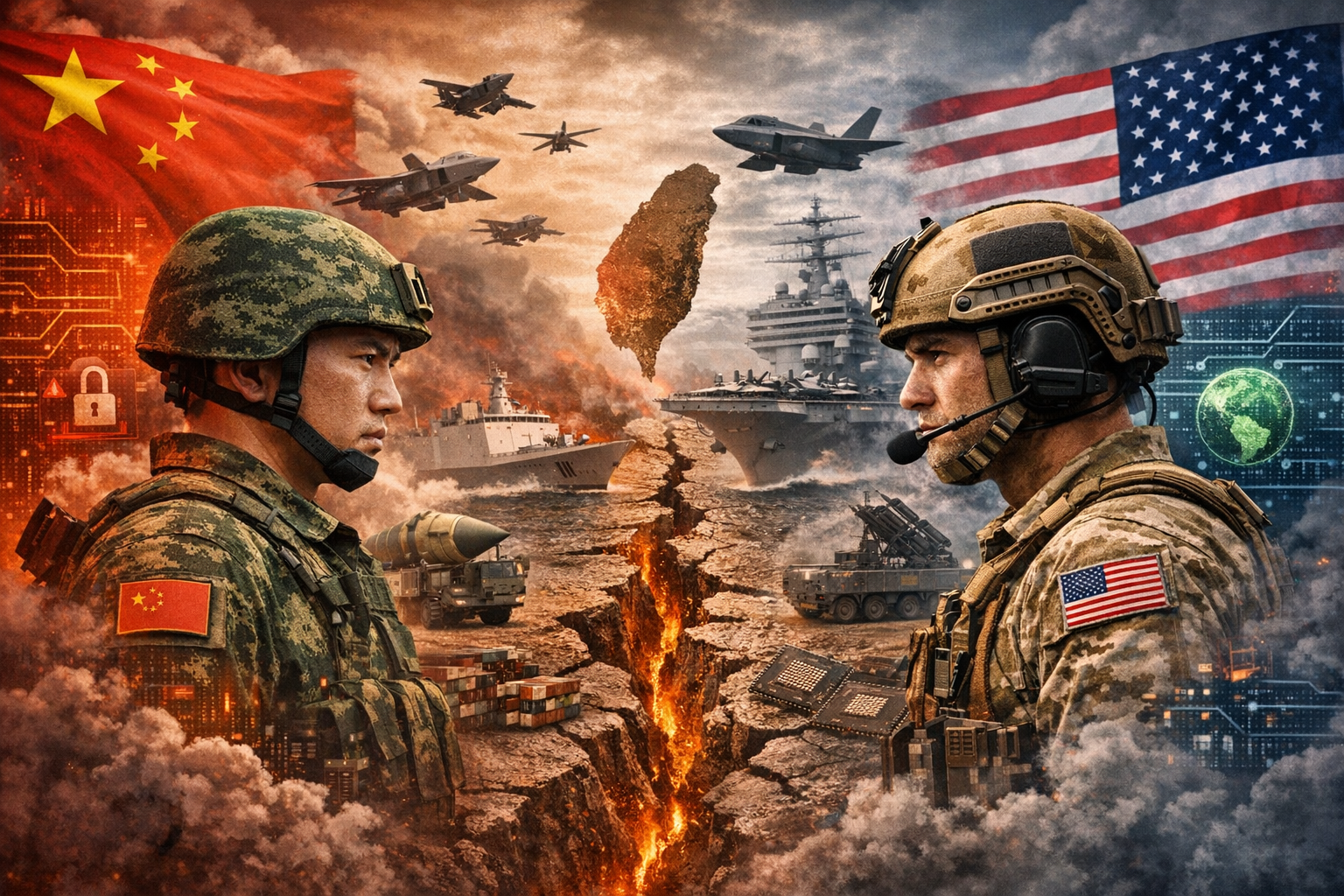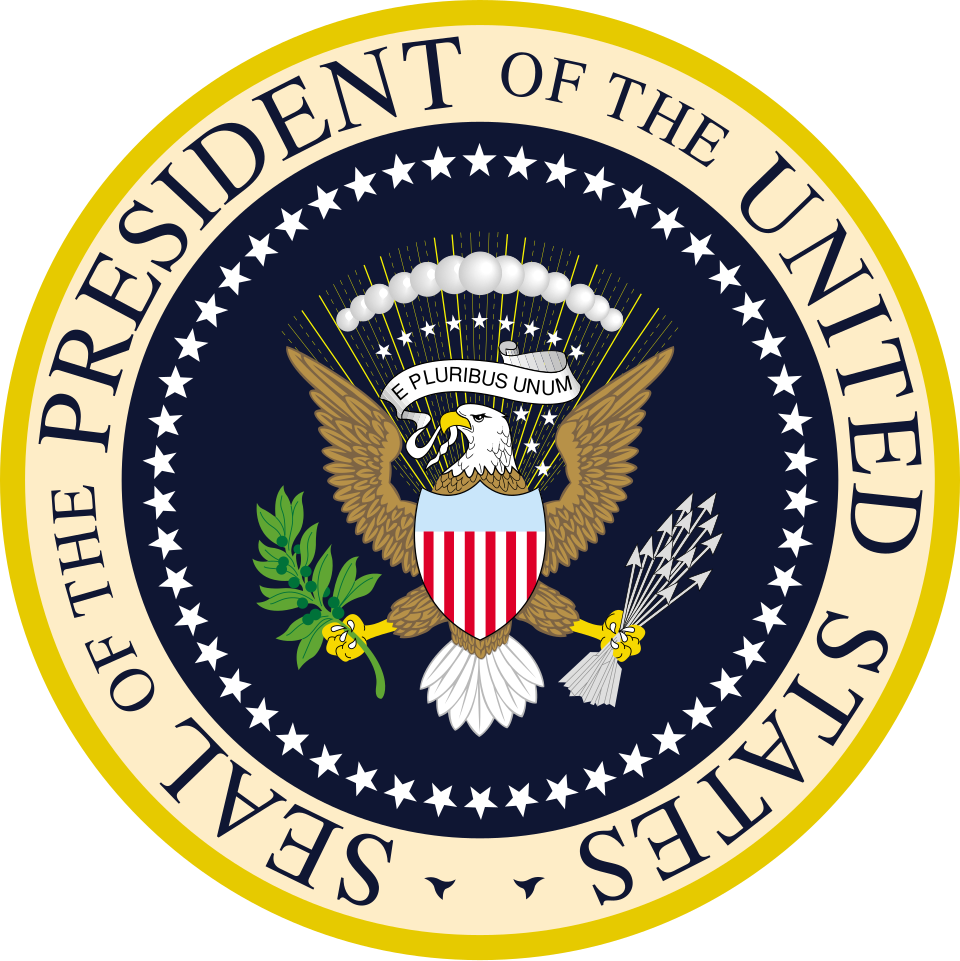By Bi Yantao
I. The Real Purpose of Trump’s Tariff War
Trump likely aimed to create economic pressure by imposing tariffs, thereby forcing adversaries to make concessions across various areas such as trade, investment, technology transfer, and market access, ultimately securing a comprehensive deal favorable to the United States. This strategy reflects a “maximum pressure” negotiation style.
However, this ambition could only be partially realized and came at a high cost, with questionable long-term effectiveness. While agreements might be reached with some countries, it’s difficult to make fundamental breakthroughs with nations like China, where “structural issues” prevail. Instead, such efforts have triggered prolonged confrontations and countermeasures. Furthermore, the global restructuring of supply chains may not necessarily benefit the U.S., as consumers face rising costs and businesses suffer notable losses.
II. What Did Trump’s Tariff War Misjudge?
To some extent, the Trump administration overestimated America’s leverage and underestimated the resilience of China and other countries, as well as the complex interconnectivity of the global economy.
Overestimating the U.S. economy’s endurance and bargaining power
Trump believed that as the largest market, the U.S. had decisive appeal to foreign products, and could therefore unilaterally impose tariffs to compel concessions. In reality, U.S. businesses and consumers also bore the costs of tariffs, and sectors like agriculture and manufacturing reacted strongly.
Underestimating China’s countermeasures and strategic endurance
Trump’s team failed to accurately assess China’s economic resilience, industrial substitution capacity, and political decision-making mechanisms. For instance, China could mitigate the impact by stimulating domestic demand, diversifying trade partners, and adjusting monetary policy, without showing signs of capitulation.
Ignoring the backlash from global supply chains and multilateral trade systems
The tariff war disrupted global value chains, with American companies like Apple and Boeing also suffering blowback. At the same time, unilateralist policies undermined the U.S.’s leadership in multilateral institutions like the WTO and G7, raising concerns among its allies.
Oversimplifying national behavior
Trump tended to approach international relations using business negotiation logic, mistakenly assuming that adversaries would “cut deals” like corporate partners. In reality, state behavior often involves sovereignty, security, strategic balance, and domestic politics—factors that cannot be easily altered through pressure alone.
In summary, the strategic vision behind the tariff war reflects a certain “power illusion” of the Trump administration and reveals its limited understanding of China and the global landscape. While the policy did bring some issues to the negotiating table, it also provoked structural confrontations and weakened global trust.
The author is a professor in international communication in P.R.China. The illustration for this article was generated by ChatGPT.



